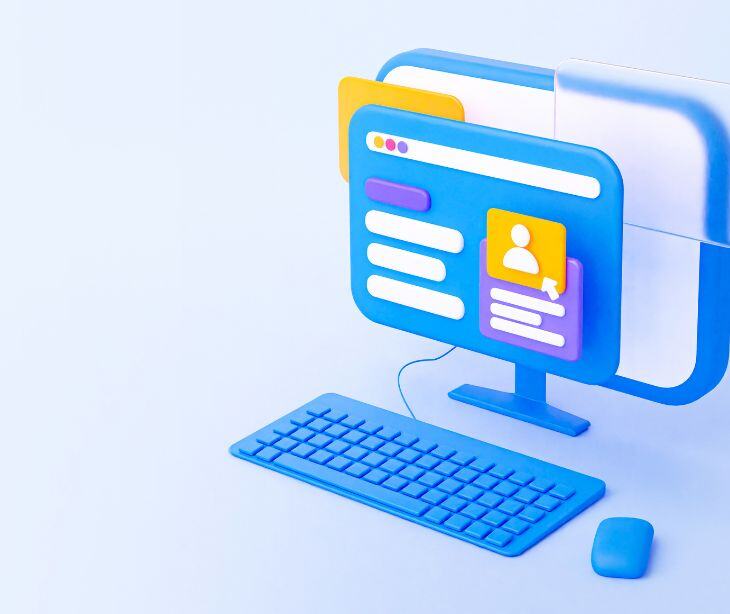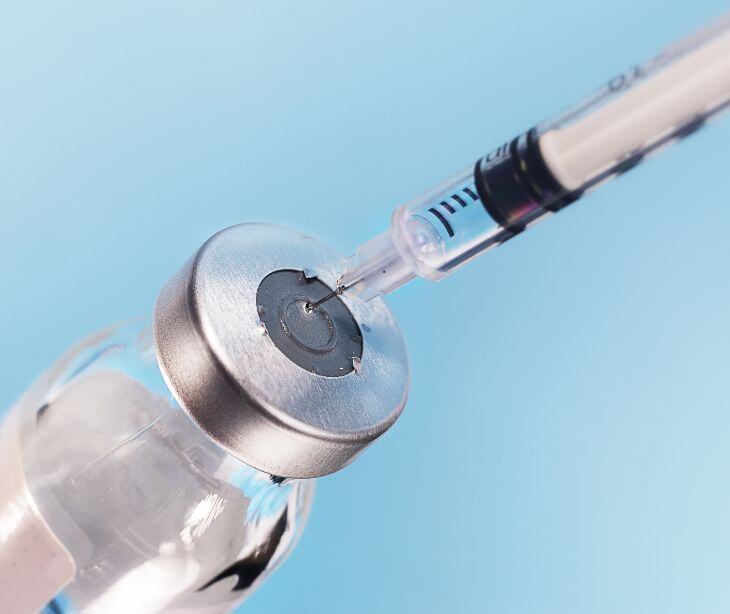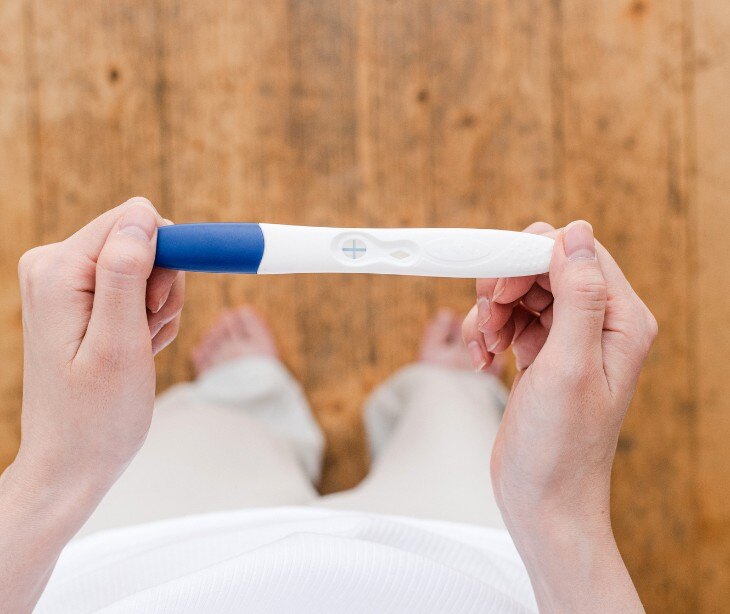3 min read
HIPAA compliant email marketing strategies for substance abuse counselors
Liyanda Tembani
July 08, 2024

HIPAA compliant email marketing strategies for substance abuse counselors include obtaining consent via double opt-in, focusing on general educational content, using secure email platforms with encryption and BAAs, sharing anonymized success stories with consent, sending PHI-free communications like appointment reminders, and ensuring staff training on HIPAA compliance.
HIPAA and PHI for substance abuse counselors
Substance abuse counselors support individuals and families struggling with addiction, providing therapy, support, and recovery strategies. As covered entities under HIPAA, they must protect PHI, which includes any information that could identify an individual and relates to their health, such as addiction histories, treatment progress, and communications related to recovery. This information must be handled securely to prevent unauthorized disclosure, ensuring compliance with HIPAA's Privacy Rule.
Related: Are mental health professionals covered entities under HIPAA?
Key HIPAA regulations for email marketing
Privacy Rule
The HIPAA Privacy Rule requires substance abuse counselors to obtain explicit consent before using PHI for marketing purposes, including email communications. A double opt-in process is recommended, where clients confirm their subscription via HIPAA compliant email to actively consent to receiving communications. This process helps ensure that clients understand and agree to use their information for marketing while preventing accidental inclusion of non-consenting individuals.
Security Rule
Under HIPAA's Security Rule, substance abuse counselors must implement safeguards to protect electronic PHI transmitted via email. According to the HHS," The Security Rule does not expressly prohibit the use of email for sending e-PHI. However, the standards for access control (45 CFR § 164.312(a)), integrity (45 CFR § 164.312(c)(1)), and transmission security (45 CFR § 164.312(e)(1)) require covered entities to implement policies and procedures to restrict access to, protect the integrity of, and guard against unauthorized access to e-PHI.". Counselors can enhance data security and comply with regulatory standards using HIPAA compliant email platforms that sign business associate agreements (BAAs).
Related: The consequences of not having a BAA with an email service provider
Breach Notification Rule
In the event of a breach of PHI, substance abuse counselors must adhere to the Breach Notification Rule, which requires prompt notification to affected individuals, the Department of Health and Human Services (HHS), and potentially the media, depending on the scale of the breach. Preventative measures such as encryption and secure storage help mitigate the risk of breaches and minimize potential legal and reputational consequences.
HIPAA compliant email marketing strategies
Double opt-in process
Implementing a double opt-in process ensures that clients explicitly consent to receiving marketing emails. This involves clients signing up and confirming their subscription through a verification email, reducing the risk of sending unsolicited communications and ensuring compliance with HIPAA's consent requirements.
Content guidelines
Substance abuse counselors should focus on providing general educational content in their email marketing campaigns. Topics can include information about addiction, recovery strategies, relapse prevention, and community resources. Avoid including specific client details, such as names, diagnoses, or treatment specifics, to maintain confidentiality and comply with HIPAA regulations.
Non-identifying success stories
Sharing anonymized success stories can inspire and motivate clients without compromising confidentiality. Counselors should obtain explicit client consent before sharing any success stories and ensure that no identifiable information is disclosed in these narratives.
Appointment reminders and general communication
Emails for appointment reminders and general communication should be carefully crafted to avoid including PHI. Generic reminders and follow-up emails can focus on appointment confirmations, general wellness tips, and information about support groups or workshops without divulging sensitive client information.
Read more: Are appointment reminder emails HIPAA compliant?
Additional tips for HIPAA compliant email marketing
- Choosing a HIPAA compliant email platform: Select a HIPAA compliant email marketing platform to ensure data security and regulatory compliance. Look for platforms that offer encryption, secure data storage, and BAAs to protect ePHI and minimize the risk of unauthorized access.
- Staff training on HIPAA: Regularly train staff involved in email marketing to ensure understanding and compliance with HIPAA regulations. Training should cover handling PHI securely, recognizing potential breaches, and responding appropriately to protect client confidentiality and comply with legal requirements.
FAQs
Can substance abuse counselors use email to communicate directly with clients about their treatment?
Yes, but the emails must be secure. They should also not include specific details that could identify the client's health condition or treatment unless both parties use secure, encrypted communication methods.
Are appointment scheduling services integrated with email platforms required to be HIPAA compliant?
Any third-party service that handles PHI must be HIPAA compliant and sign a BAA with the substance abuse counselor's practice.
What steps should be taken if a client requests to stop receiving marketing emails?
Counselors must provide a clear and accessible unsubscribe option in every email and promptly honor any opt-out requests to ensure compliance with HIPAA regulations.
Subscribe to Paubox Weekly
Every Friday we'll bring you the most important news from Paubox. Our aim is to make you smarter, faster.



